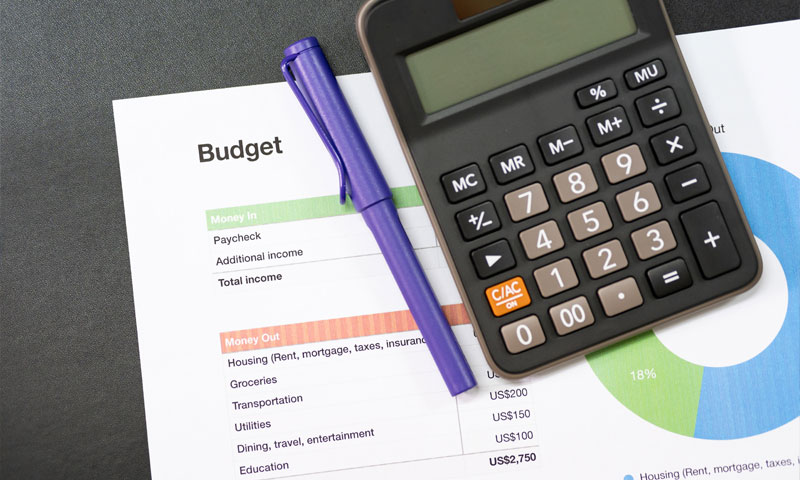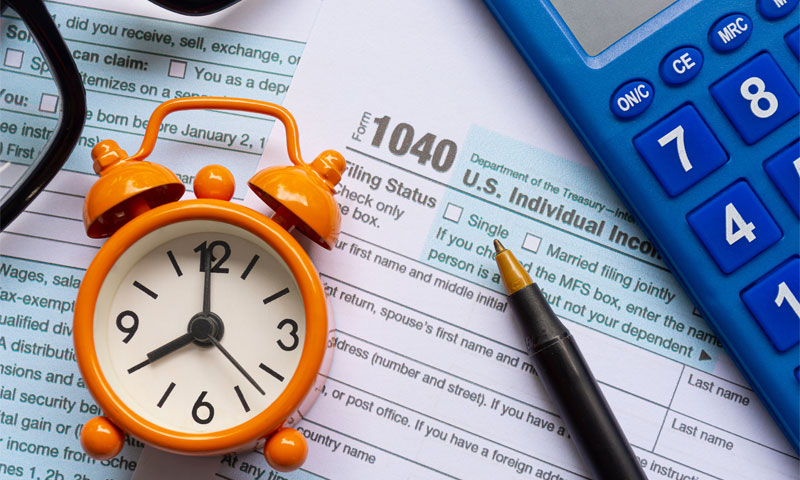#71: Navigating Tariffs in Retirement: What You Need to Know
Get the FREE GUIDE: https://www.pv-wp.com/resources/blog/finance/tariffs-war-current-events-webinar-march-2025
Understanding the Implications of Tariffs on Your Retirement Plans and Everyday Life
In this episode of The Retirement Readiness Podcast, hosts Katie Umland and Tim Regan delve into the topic of tariffs and their implications for retirement planning. Beyond the media buzz, they unpack how tariffs impact markets, investments, and everyday living expenses. Here’s a comprehensive look at understanding tariffs and what they mean for your retirement plan.
Understanding Tariff Impact on Markets and Investments
As Katie and Tim outline, tariffs have become a hot topic influencing market volatility. However, history shows that market fluctuations are not uncommon. Katie emphasizes that despite media hype, the current volatility isn’t unprecedented and shouldn’t be a cause for major concern for those who have prepared their retirement portfolios appropriately.
Markets often adjust when unusual economic activities occur, such as the implementation of tariffs. Katie insists that while tariffs are a significant point of discussion, they don’t overshadow the reality that other factors, like overpriced markets, necessitated corrections. It’s crucial for retirees to ensure their investments are diversified and stress-tested, as this positions them to handle such market shifts.
Tariffs and Everyday Expenses
Tim expresses a common confusion about tariffs, especially in relation to everyday living costs. Katie clarifies that a tariff is essentially a tax on imports, increasing the cost of products brought into the United States. However, this doesn’t necessarily mean a direct 115% increase in consumer prices, as many might assume. Instead, businesses bear these increase costs, which they may then pass onto consumers through rising product prices.
Katie discusses the complexities companies face, such as negotiating costs and managing cash flow amidst increasing tariffs. She underscores the importance of considering how these economic changes might indirectly influence the everyday expenses of consumers like car prices or grocery bills.
Tariffs vs. Minimum Wage Increases: A Hidden Economic Catalyst
Interestingly, Katie also touches on an angle less explored in mainstream discussions—the impact of minimum wage increases on the economy compared to tariffs. Minimum wage hikes can lead to ripple effects on inflation, as higher wages boost operational costs for businesses, which may then pass onto consumers in the form of increased product prices.
She argues that while tariffs are a point of discussion, they may not be as significant a catalyst for inflation as minimum wage increases, which have occurred over the past couple of years. The discussion calls attention to lesser-seen economic pressures, contrasting media narratives to provide a more nuanced picture.
The Broader Context of Tariffs—Global Trade and National Security
Katie adds layers to the discussion by considering the strategic intentions behind tariffs, such as addressing trade imbalances and national security concerns. These tariffs are not just about trade; they intersect with broader issues such as national security, prompting questions about geopolitical stability and self-sufficiency.
However, it’s important to stay aware of these larger goals without losing sight of immediate personal finance impacts. While this strategic maneuvering plays out on the global stage, individuals should focus on safeguarding their personal portfolios against short-term market fluctuations.
Practical Steps for Your Retirement Plan
Katie and Tim discuss practical considerations for those nearing retirement. It’s essential to reassess your financial plan, especially if you have concerns about market volatility. They suggest maintaining open dialogue with financial advisors to ensure your portfolio is resilient against these economic changes.
Ultimately, while tariffs could complicate the financial landscape, your retirement plan need not be derailed by them. Ensuring that your investments are stress-tested and diverse will allow you to stay the course towards a secure retirement.
Final Takeaway
As we encounter economic disruptions like tariffs, the podcast underscores the importance of viewing such events in a broader context. While the direct impacts on consumer goods and retirement plans may vary, maintaining a clear focus on diversified investments and market resilience prepares you for long-term financial well-being. Stay informed, assess your financial strategy, and always keep an eye on the bigger picture when planning for retirement.
Get the FREE GUIDE: https://www.pv-wp.com/resources/blog/finance/tariffs-war-current-events-webinar-march-2025




















